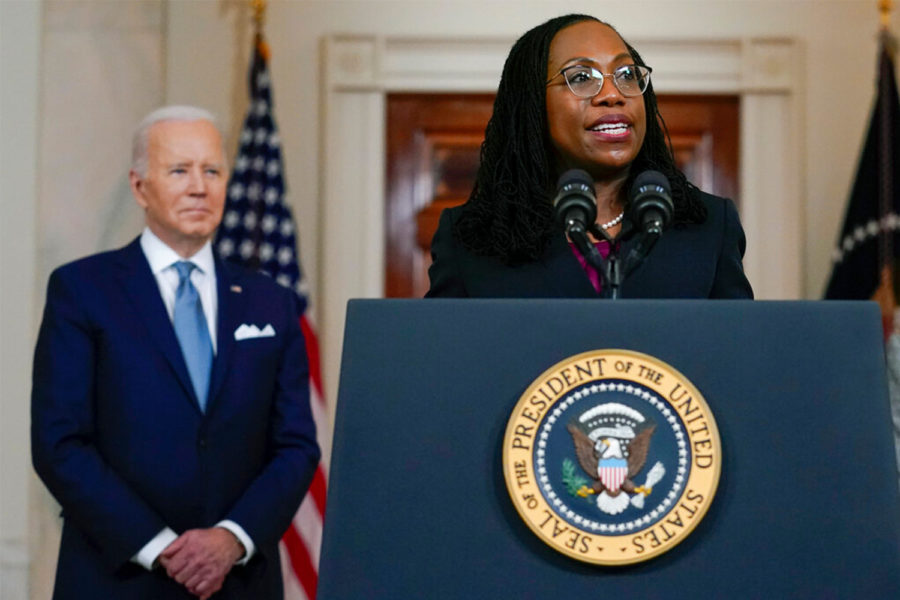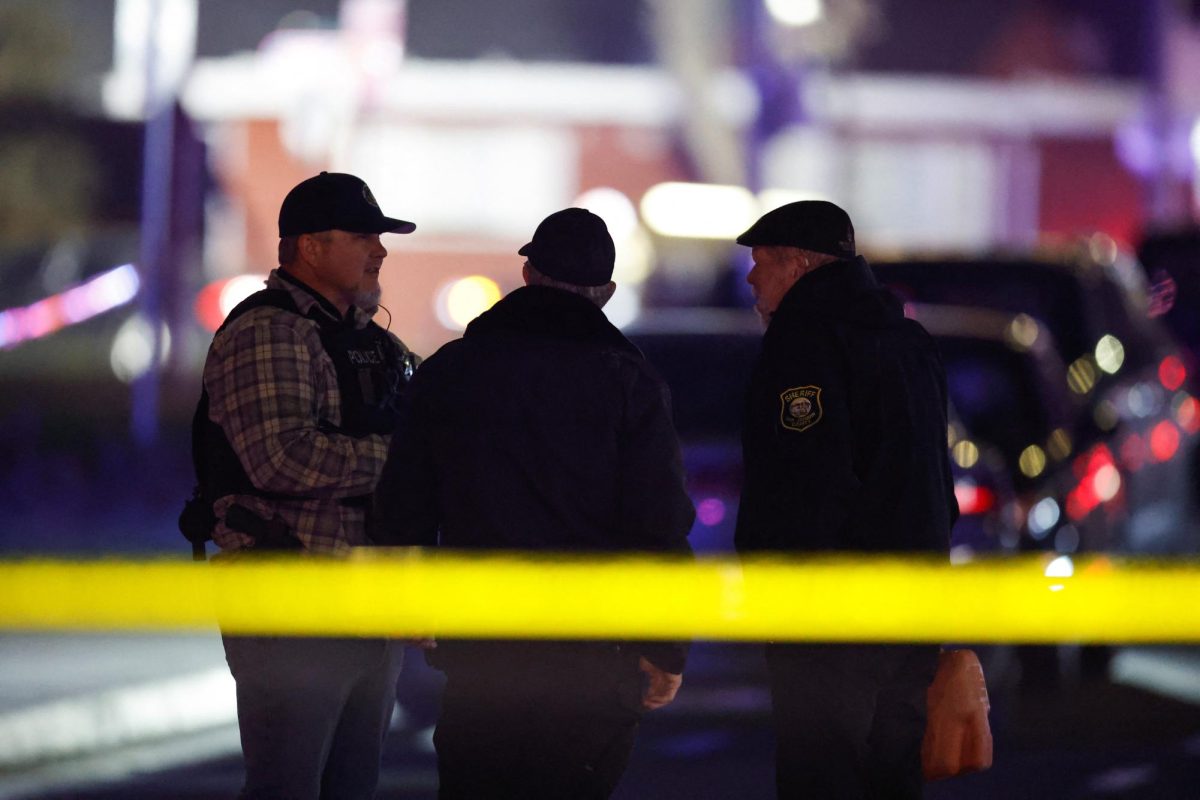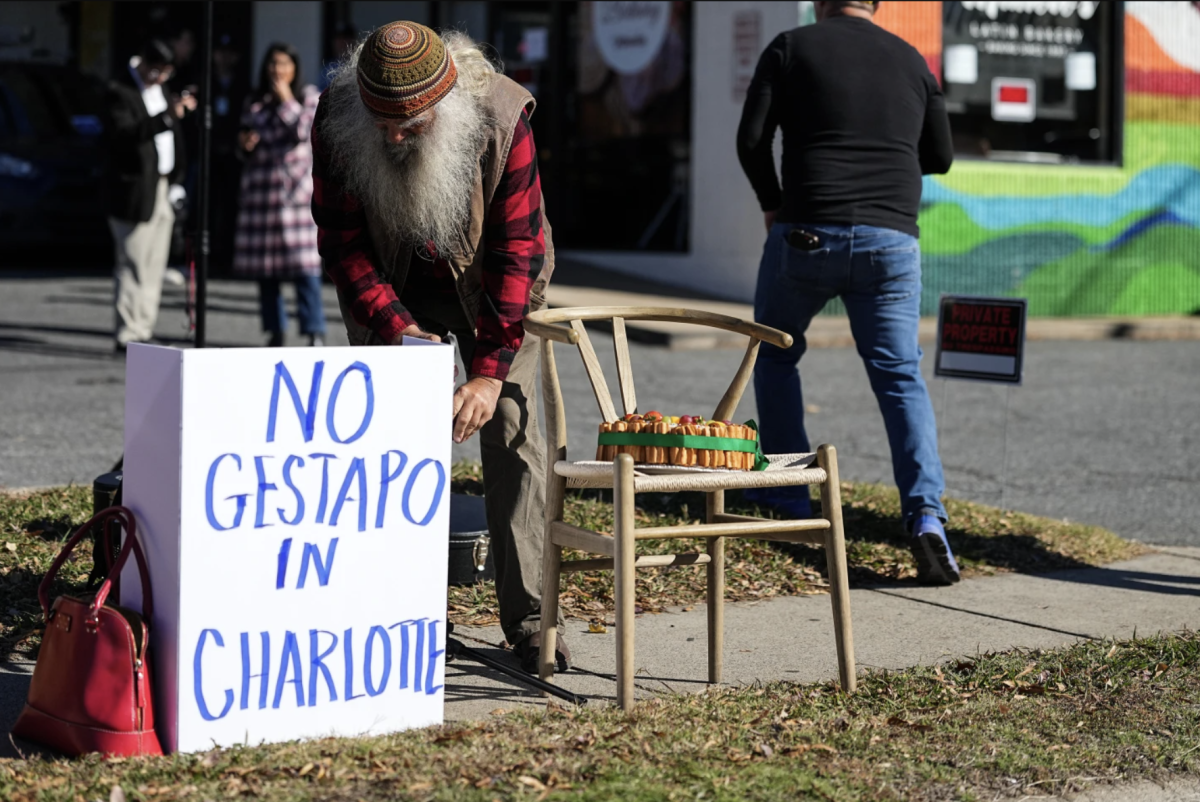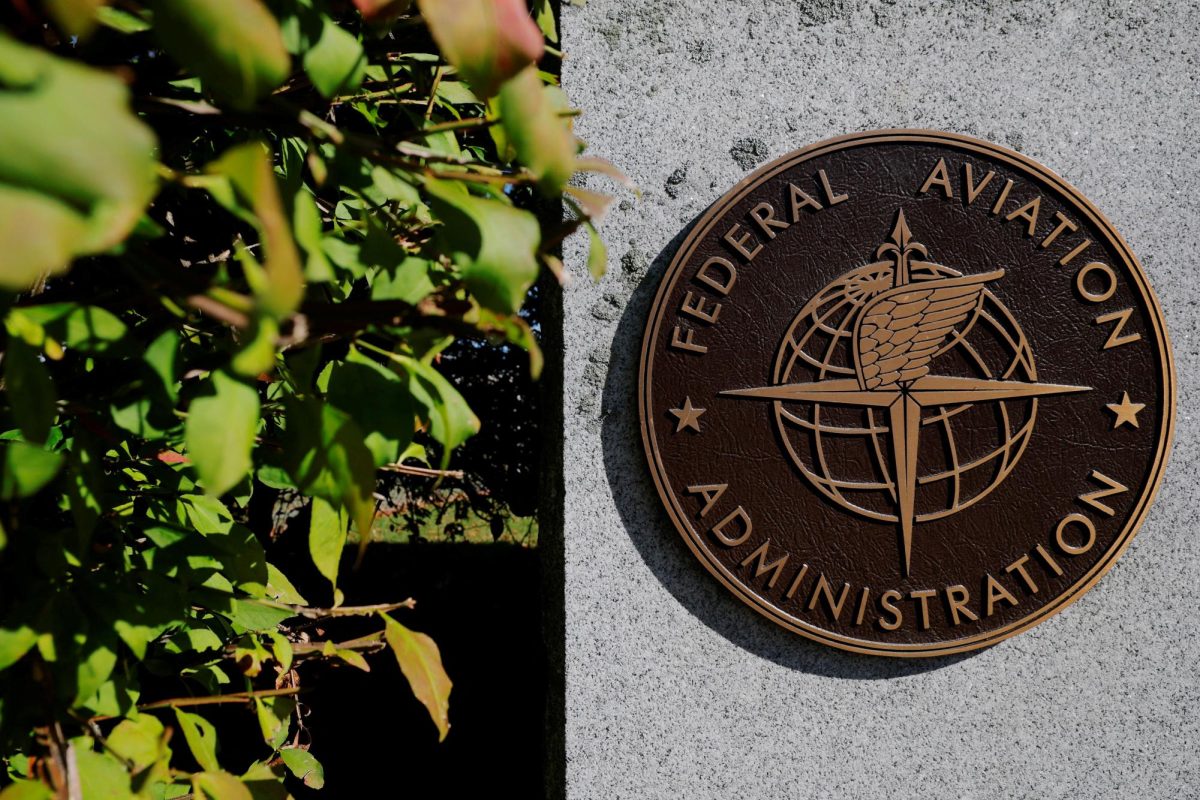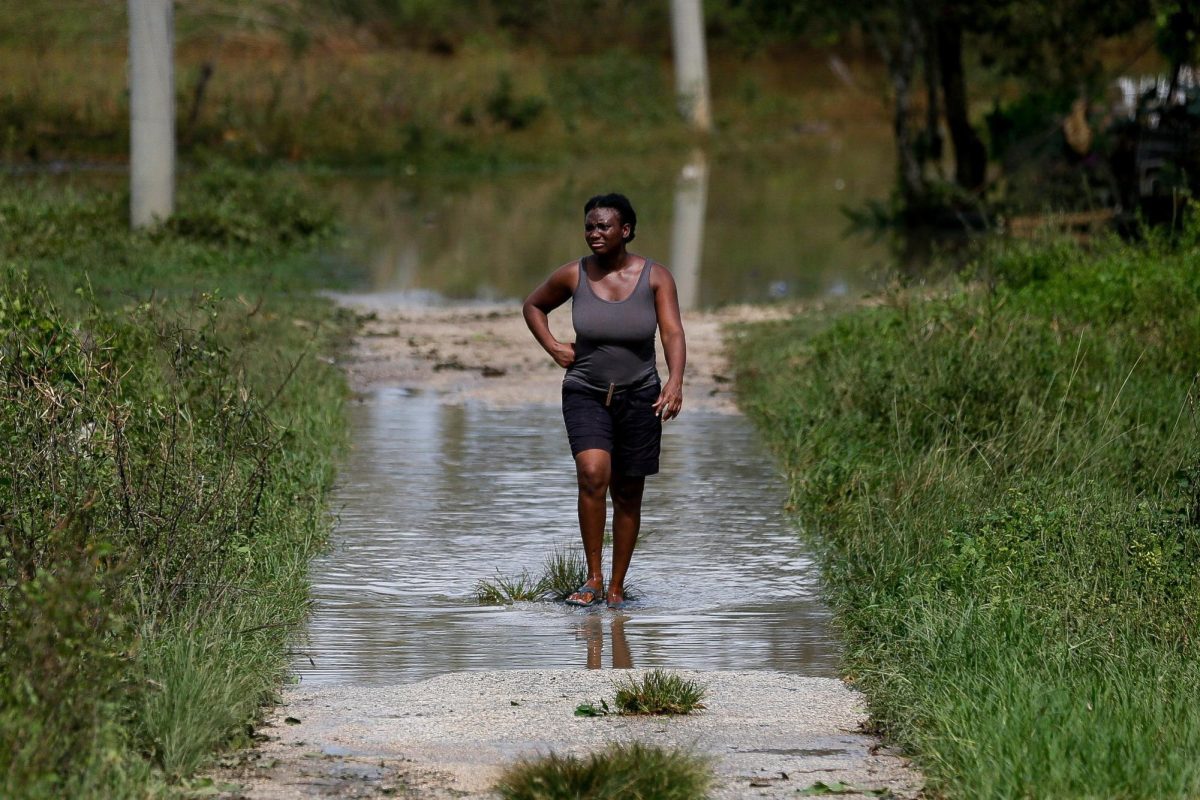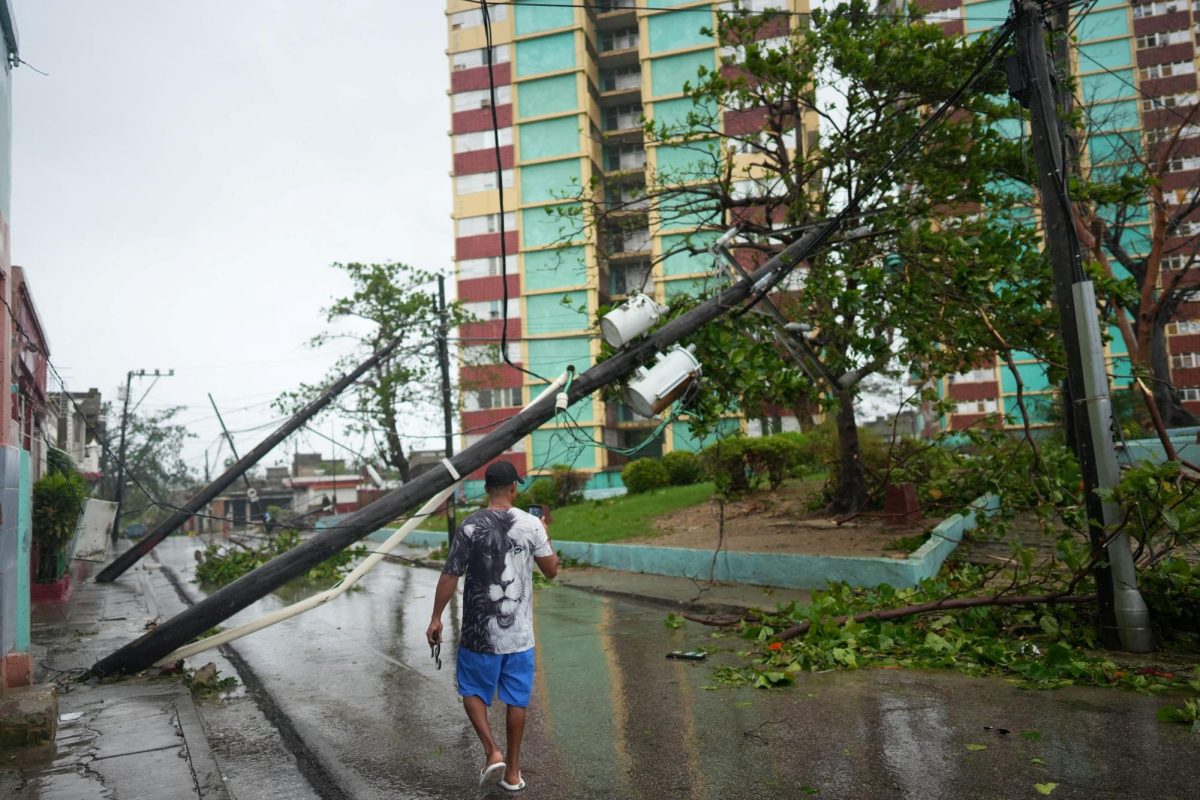If Supreme Court nominee Ketanji Brown Jackson is confirmed by the Senate, she will be the first Black woman to be a member of the Supreme Court, according to KCRA.
The Senate Judiciary Committee will meet for four days for Jackson’s hearing. She, as well as some members of the committee, will give an opening statement on Monday, and she will face questions on Tuesday and Wednesday.
Each of the 22 members of the committee will be given 30 minutes to ask Jackson questions. On Thursday, legal experts will testify on her legal record. If there is a second round of questioning, they will receive 20 minutes.
Although the political party balance in the Senate is 50-50, Sen. Susan Collins (R-Maine) is likely to vote yes. Should there be a tie, Vice President Kamala Harris has the ability to cast the deciding vote.
Russia continues to bomb Ukraine

Russia continues to push closer to Kyiv, the capital of Ukraine. The Ukrainians are putting up a tough fight for the Russian army, according to ABC news.
Russia bombed Western Ukrainian cities for the first time this week, expanding the battle for Ukraine. These western cities are closer to the border of Poland.
Ukrainian authorities announced on Sunday that Russia bombed an art school in Mariupol that was sheltering around 400 people, according to CBS news.
“Peaceful people are still under the rubble,” Mariupol City Council said.
The battle between Russia and Ukraine has been going on since February 24, and Ukraine is continuing to resist.
Over 200 anti-LGBTQ bills have been written this year
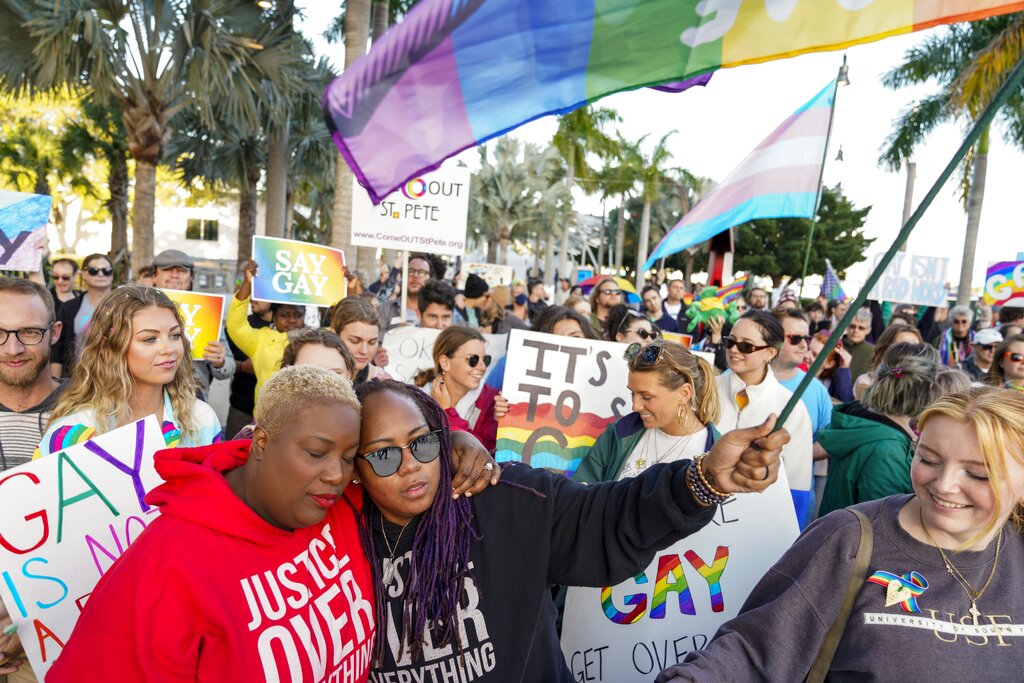
As March of 2022 wraps up, lawmakers in states across the country have proposed 238 bills restricting LGBTQ rights so far this year. Half of these bills target transgender people, according to NBC news.
A majority of the bills are directed towards schools, with proponents saying it is for childrens’ safety, parental rights and other reasons, but opponents argue that these bills are harmful to LGBTQIA+ youth.
“It’s important for people to pause and think about what is happening — especially in the health care context — because what we’re seeing is that the state should have the authority to declare a population of people so undesirable that their medical care that they need to survive becomes a crime,” said Chase Strangio, the deputy director for transgender justice at the ACLU LGBT & HIV Project.
Despite these bills, surveys are showing that Americans are more supportive of LGBTQ rights now than ever before, according to a Public Religion Research Institute survey.

